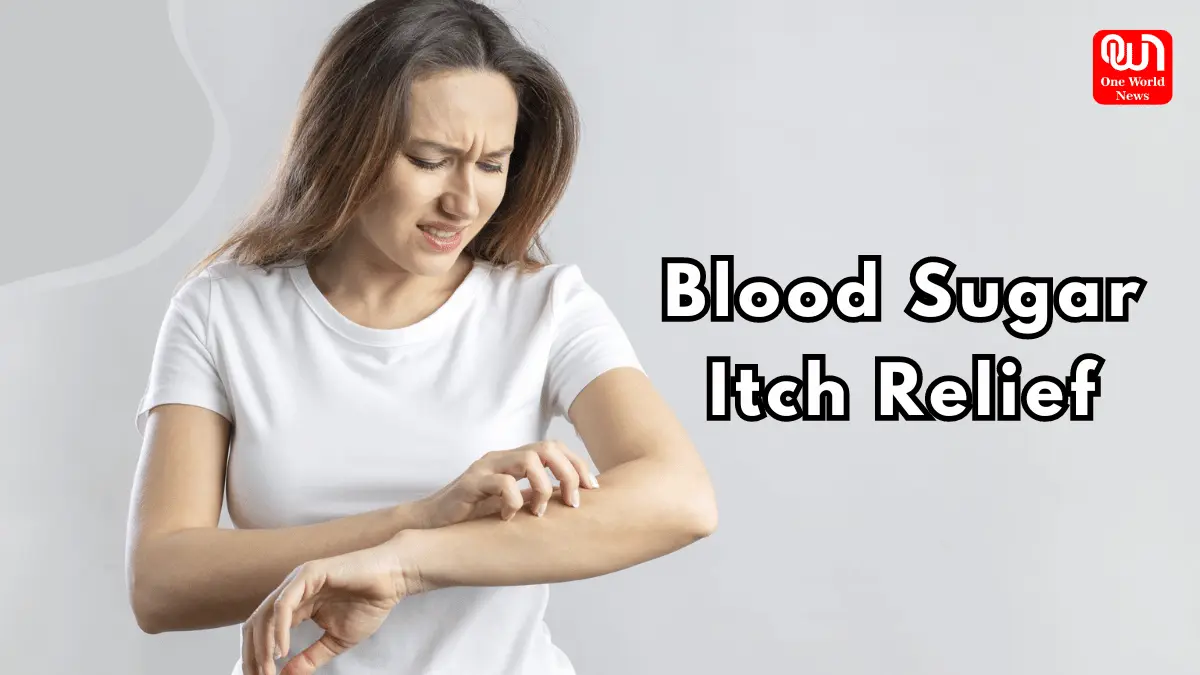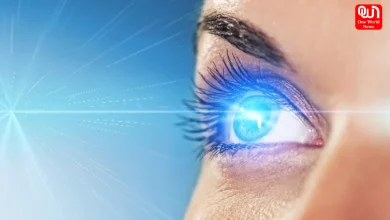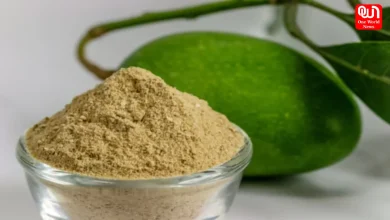Understanding the Link Between High Blood Sugar and Itching: Effective Tips for Relief
Discover why high blood sugar causes itching and effective tips for relief. Learn to manage symptoms and improve skin health with simple strategies.
The Connection Between High Blood Sugar and Itching: Practical Tips for Relief and Diabetes Care
People suffering from type 1 or pre type 2 diabetes often endure the symptom of itching caused by high blood sugar levels. Knowing why this occurs and how to prevent it is a key that potentially can enhance the quality of life of millions of people.
Read more: Top 5 Easy To Perform Yoga Poses To Lower Blood Sugar Naturally
Why does high blood sugar cause itching?
A diabetic complication of raised blood sugar levels is itching which can result from the following ways. One primary explanation is neuropathy, which affects nerves all over the body resulting from prolonged exposure to high glucose levels that hinder the transmission of touch itch sensations. These consequences include such symptoms as burning, itching, and an altered sensitivity of the skin.
Read more: Know the Normal Range Of Blood Sugar – Do Not Ignore These Symptoms Of Excess Sugar In Blood

However, high blood sugar levels have an adverse impact on the skin and one of the results is dry skin, another cause for itching. High blood sugar levels result in the efforts by the body to filter out extra glucose through urine and in the process dehydrates. It may be dry and flaky and can easily develop further dryness and itching when exposed to harsh conditions.
Tips for Relief-
*Managing High and Low-blood Sugar Levels Safely: It is recommended to monitor blood sugar levels effectively and safely at all times. This entails taking a balanced diet, exercising adequately, and always taking the prescribed drugs in the recommended dosages and frequency as advised by a doctor. A show of increased stable blood sugar decreases neuropathic symptoms and finally itching from dry skin.
*Hydrate Your Skin: Intake of a lot of water in a day because one is prone to be dehydrated by high sugar levels. It is recommended that moisturizers should be applied on the skin at least twice daily or after every bath or wash and can help avoid cases of skin getting dry and itchy.
*Choose Skin-friendly Products: Get gentle, non-fragranced body wash and washing powder to wash the body and clothes since the skin is sensitive. Agents such as detergents, chemicals, or even strong fragrances only worsen the itching and drying of the skin.
*Practice Good Skin Care: Always pat the skin with a towel after taking a shower but avoid rubbing the skin rough. Do not use hot water when taking a shower as this will only dry out the skin more. When the skin is inflamed and itching, rubbing a moisturizer with anti-inflammatory properties, such as a lotion with aloe vera or colloidal oatmeal, over the region is helpful.
Consult with Healthcare: Providers If itching persists in spite of those measures, seek advice from a healthcare company. They can investigate whether extra treatments or medicinal drugs are necessary to control excessive blood sugar-associated itching successfully.
We’re now on WhatsApp. Click to join.
Conclusion: While itching because of high blood sugar degrees may be bothersome, enforcing these tips can assist alleviate signs and symptoms and enhance ordinary pores and skin fitness. By keeping top blood sugar control and adopting a skincare habitual tailored to touchy skin, individuals can find alleviation and beautify their first-rate of life regardless of diabetes-related challenges.
Like this post?
Register at One World News to never miss out on videos, celeb interviews, and best reads.








